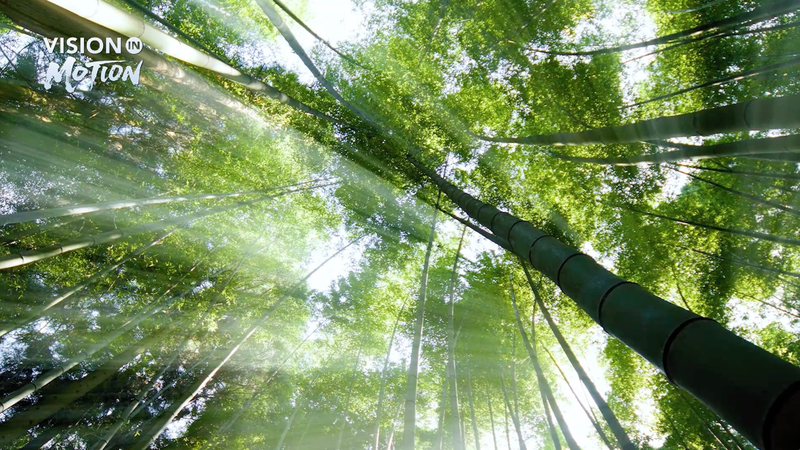Sunlight filters through the rolling hills of bamboo that blanket Anji, a small county in eastern China where scenes from the Oscar-winning film Crouching Tiger, Hidden Dragon were filmed. At dawn, the scent of tea and woodsmoke drifts from homestay kitchens as visitors from Shanghai and Hangzhou seek a slower rhythm of life.
Just two decades ago, this landscape told a very different story. Mines and cement plants powered the local economy. "We went to work before dawn and came back after dark. We'd head out clean and return looking like pandas, our faces covered in soot. Young people who left rarely wanted to come back," recalls Pan Chunlin, a former miner turned guesthouse owner. "We used to start the day hauling rocks from the mines. Now, we start it shopping for groceries and welcoming tourists."
The turning point came in the early 2000s, when local leaders closed the mines and launched a bold environmental restoration plan. Anji became a pilot site for the Chinese mainland's green development agenda, proving that prosperity can grow in harmony with nature.
Today, the county's economy is fueled by bamboo manufacturing, renewable materials, and rural tourism. Tourism alone accounts for over 20% of farmers' direct income, and Anji has ranked among China's Top 100 Counties for Tourism Competitiveness for six years running.
For residents like Pan Chunlin, the impact is clear: "Before, we earned only a few thousand yuan a year. Now, we can make that in a single day." Cleaner air, clear rivers, and returning youth starting businesses are all part of Anji's quiet economic revolution.
What began as an act of environmental necessity has evolved into a model for a just transition—shifting from resource-based growth to sustainable prosperity, where nature itself is the source of a brighter future.
Reference(s):
cgtn.com




